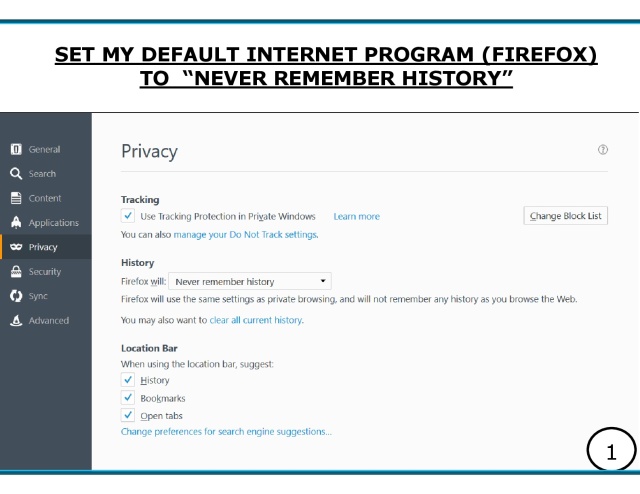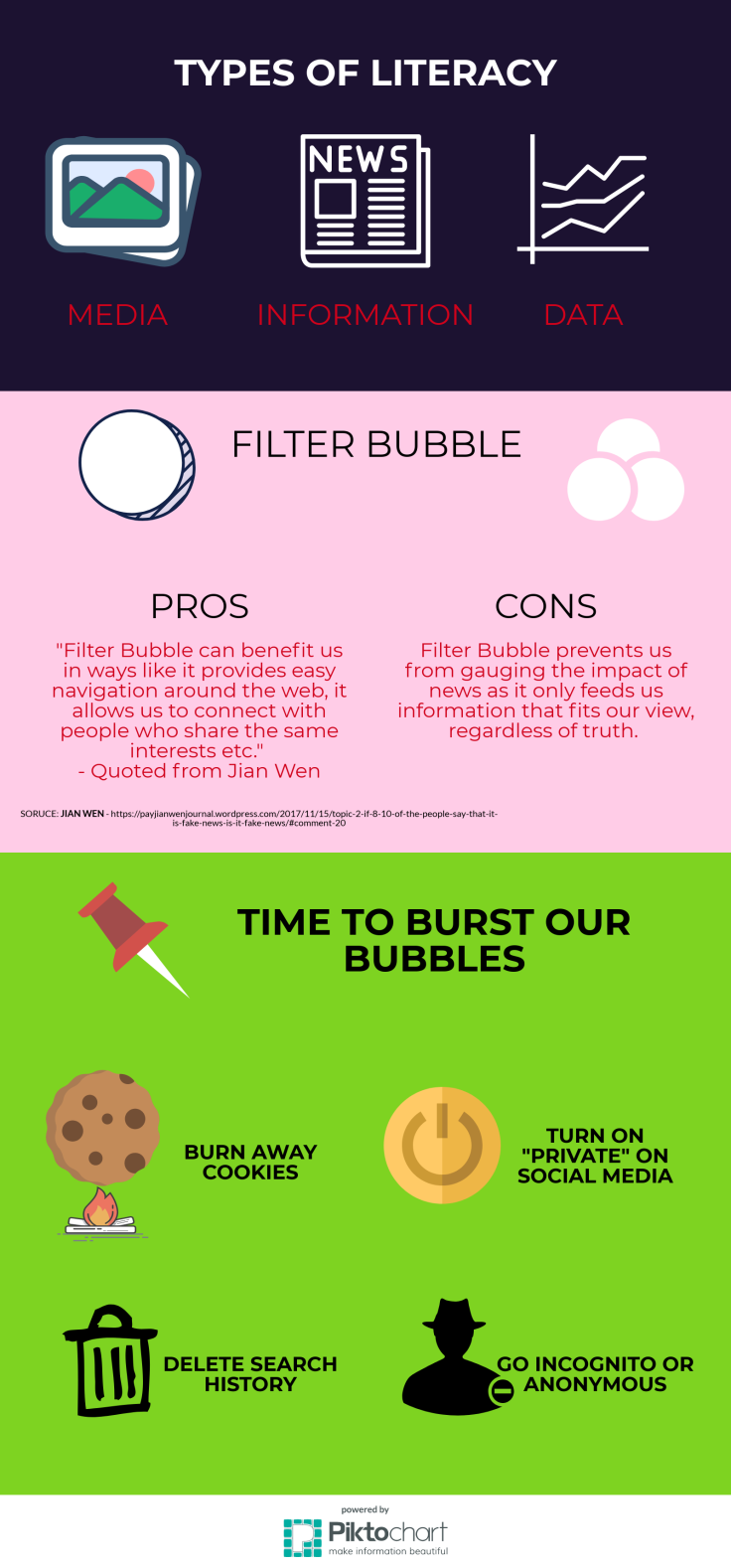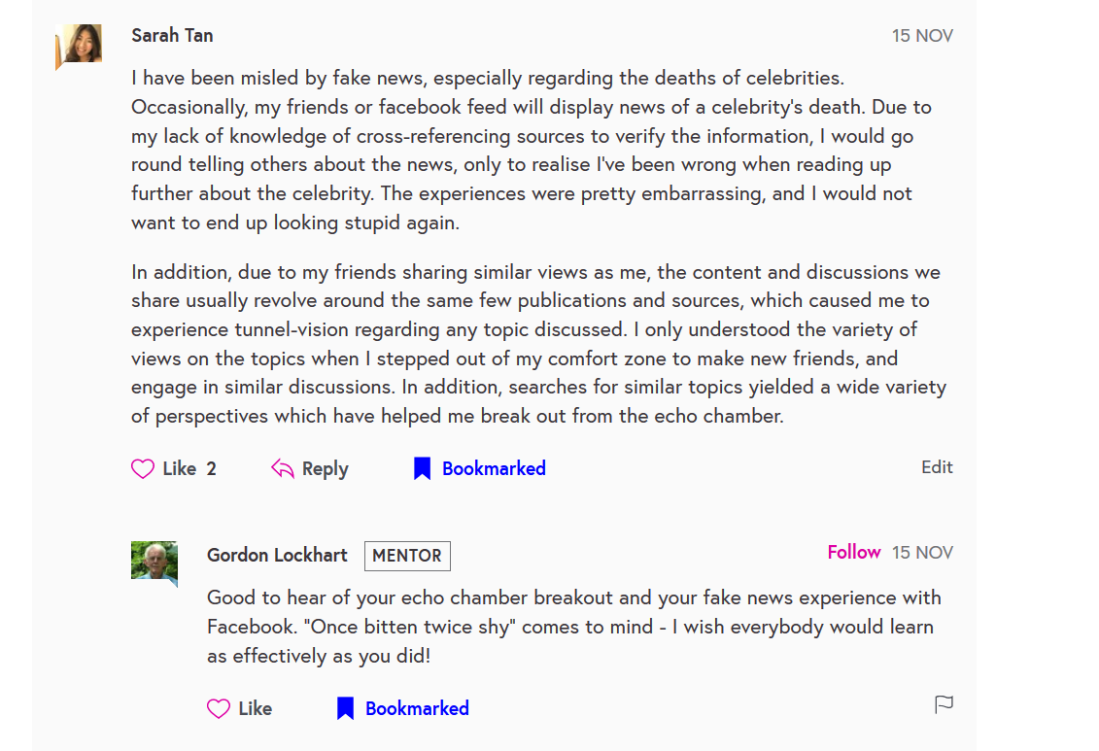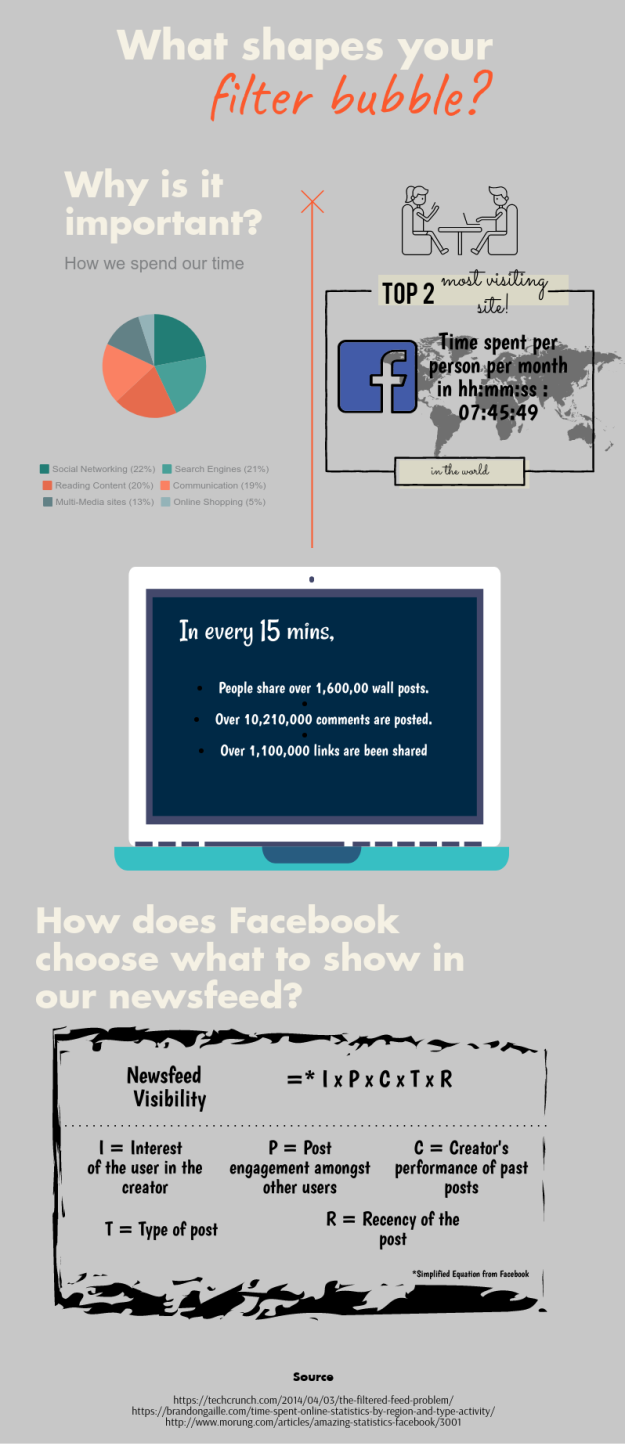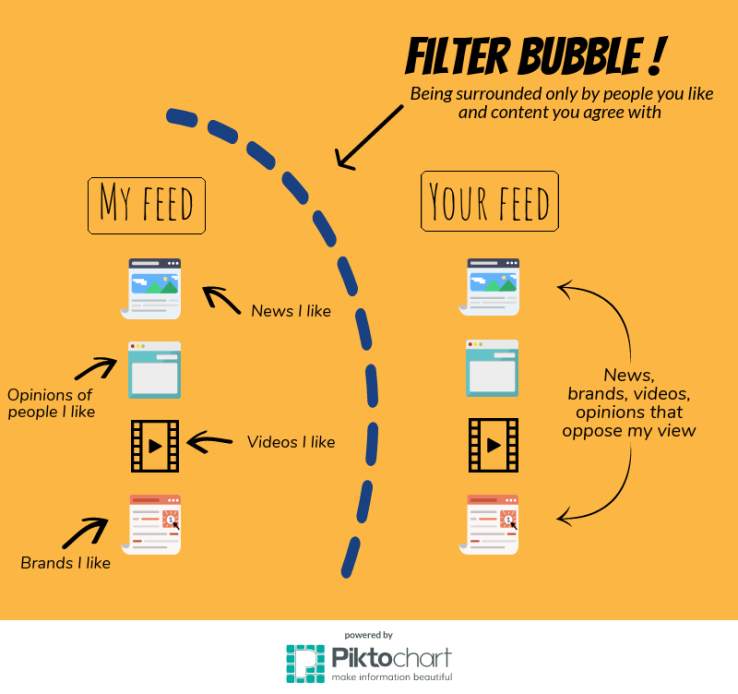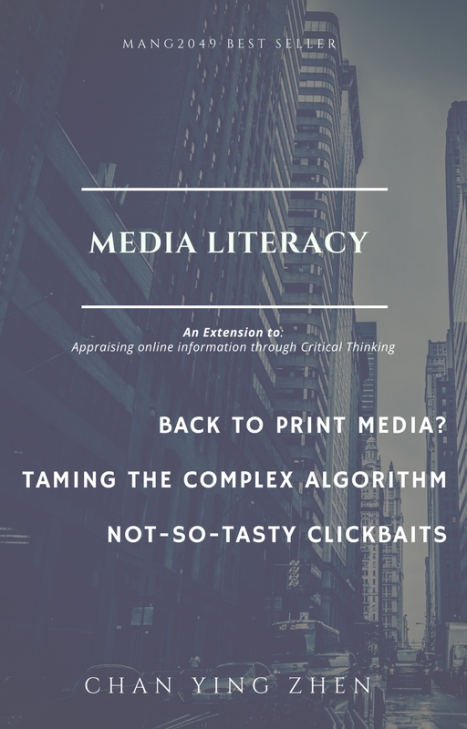
MANG2049 BEST SELLER: MEDIA LITERACY
Chapter 1: Back to Print Media…?
Siew Min suggested removing all digital news outlets in a return to print media. In my reply, I highlighted 3 main points to refute the suggestion. In hindsight, I thought that a best of both world could be the ideal situation. In that, I am suggesting that a mix of print and digital media might be the best for newsroom.
While digital disruption has provided readers with speed and accessibility, there is a huge concern with unreliable news.
Continue reading →

